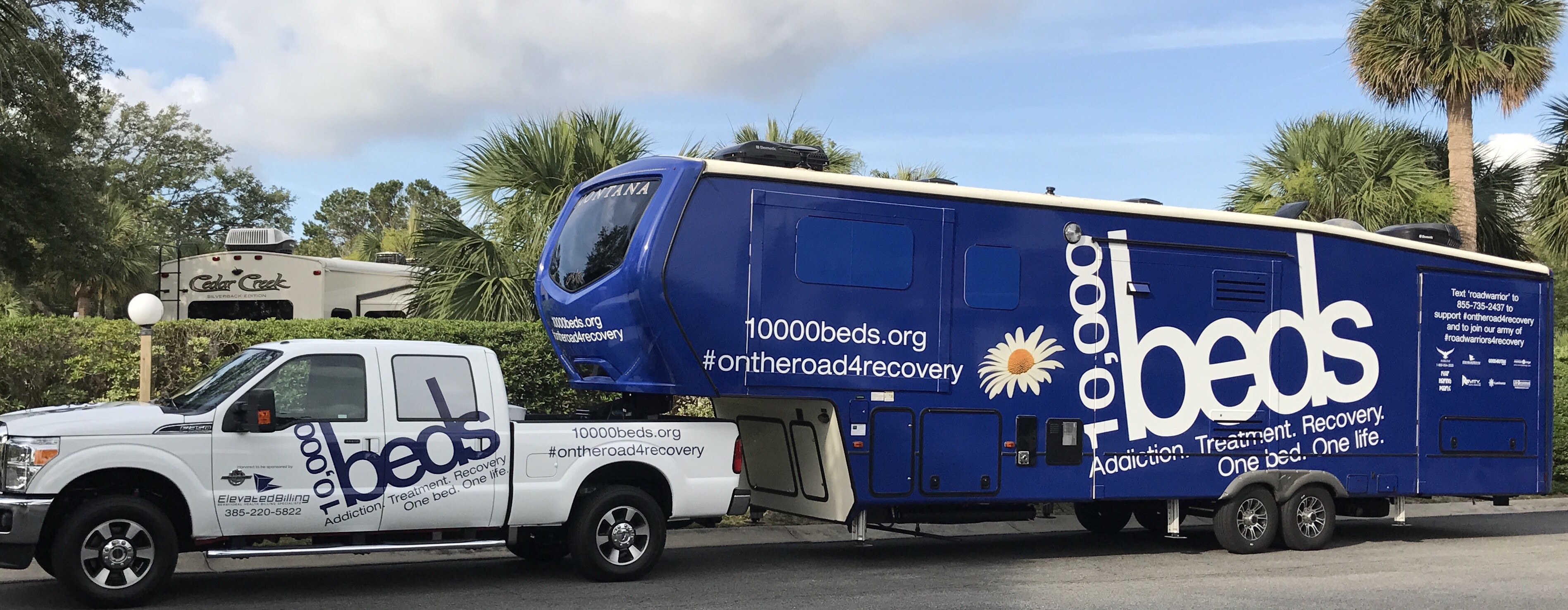It’s hard to know. I mean, we all have down days. We all need quiet time sometimes. We all have blood shot eyes on occasion. Allergies, right? It’s hard to know if someone has a substance abuse issue. Many are high-functioning in their addiction M-F, but lost to addiction Saturday and Sunday.
And it’s hard to accuse someone of using drugs, because we don’t want to offend them, scare them off, make them angry….cause an overdose. That’s right, we somehow think our act of caring might send them down a path of destruction, so we don’t ask. We suspect but don’t ask, right?
Trust me, I get it. I’ve been there. And it’s not always easy to figure it out. Lying and substance abuse go hand in hand; those struggling with addiction are unlikely to admit what’s really going on.
So if they won’t tell us the truth (and we won’t ask), what should we look for in their actions to help us understand what is really going on? Here are four signs of addiction to be aware of:
Financial Challenges
Addicts need money, even when they have managed to stay employed. And they are not afraid to ask for it: for rent, for food, for an emergency, for car repairs, for incidentals…because they are using their money to support their substance abuse. When friends and family start saying “no”, an addicted person may turn to theft to support their habit. They will steal personal items as well as money, loose change, valuables. They lose their job, and it’s the employers fault. They lose their home because they don’t pay rent. They couch surf between family and friends. They lose everything, little by little, but they always find a way to get their fix. When we support their financial needs, we are enabling their addiction and lifestyle.
Personality and Mood Swings
It’s a crap shoot. When someone is addicted, we never know (and neither do they) what their mood might be. Addicted people are up and down. You never know what mood you will face when your addicted loved one shows up. Maybe they’ll be angry, or irritated, or overly tired and exhausted. They can be agitated and hyperactive, or depressed and reclusive. If you ask what’s up, they will most likely try to explain it away with reasons that don’t make sense. They probably don’t know. It’s the addiction affecting their moods, their personality and their reaction to you. Always remember that it’s not your loved one doing these things, it’s the addiction that’s taken over. Hate the addiction, love the addict.
Isolation
Where are they? That’s a question I remember asking when I knew my loved one had been in the kitchen only moments before. And in the short conversation I attempted, he really wasn’t “there” either. Often times people struggling with addictions separate themselves physically and emotionally (or psychologically); they do this as a way to protect themselves. If there’s no interaction, maybe no one will know, or ask, or bother them. It’s a way to pretend no one notices. It’s also a way to use “in plain sight without being seen”. Another form of isolation is prolonged trips to run minor errands, these trips turn into half or whole day excursions, most likely to connect with fellow drug users. Odd as it may seem, they also isolate themselves because they are embarrassed, they don’t want Mom or friends who don’t use to see them high, or to know they are an addict. Give them their space, but don’t create space for them.
Denial
An addict knows he (or she) is an addict, but doesn’t want to admit it, not even to himself. It’s easy to explain away a joint, even after being arrested for it – it’s not harmful, they say. It makes it easier to use again if you have convinced yourself you can stop any time you want. It makes it easier to scoff at the thought of treatment when you have convinced yourself that you are not addicted. It’s a no-brainer that you don’t need “recovery” when you believe you have nothing to recover from. Denial is an addict’s worst enemy, with fentanyl right behind it. Denial kills. Addicts lie to themselves (and to us), They believe they can set their own timelines to quit. They believe they are not in the same situation as their “friends” who are using. They deny that their substance use is substance abuse. Denial is a false form of self-preservation that can only backfire.
There are many articles and books written on this topic. More and more families are affected by addiction every single day. Educate yourself. Talk to others who’ve been through it. If you’re suspicious, trust your instincts. Always remember to hate the addiction and love the addict, but protect your family and yourself. If things are out of hand, ask them to leave, call the authorities, lock the doors. Addicts are very creative, they can fend for themselves. Don’t be afraid to make your addicted love one do that. But always come from a place of love.
—
Jean Krisle is the CEO/Founder of 10,000 Beds, Inc. a 501c3 nonprofit organization. Our mission is recovery. We are currently #OnTheRoad4Recovery for at least a year to elevate awareness, change perceptions around addiction and recovery, and connect with partners new and old. You can connect with Jean at the 2017 ETHOS conferences in Chicago, Denver, Philadelphia and New Orleans. You can support 10,000 Beds by making a contribution today to help provide scholarships for those without resources seeking help for addiction.
Shout a hello or give us a thumb’s up when you see us on the road. We are hard to miss!


